Category: Uncategorized
Stakeholders in the Land Sector Validate the NELGA Strategy
Addis Ababa, November 23, 2022 (ECA): Land stakeholders in Africa, through the support of the Africa Land Policy Centre at the United Nations Economic Commission for Africa (ECA), held a validation workshop on the Network of Excellence on Land Governance in Africa (NELGA) strategy for 2023 – 2027. The five-year plan provides a road map to drive NELGA’s operations and programming on the AU Agenda on Land and ensure the network’s sustainability.
The NELGA strategy identifies priority actions and measures to ensure adequate implementation of its programming areas, increase knowledge exchange and communication, and improve, scale up and coordinate sustainable actions among network research areas in policy spaces.
The strategy was developed through an inclusive, consultative and participatory approach with NELGA members, government and land stakeholders. Joan Kagwanja, Coordinator of the ALPC at ECA, applauded the existence of the strategy, which guides the network to document and maximize positive land administrative systems for Africa. She shared that the document serves as a crucial execution tool for NELGA to identify and implement programming actions that address various land challenges and thereby contribute to an improved land governance landscape in Africa.
The strategy was developed with technical support from ECA and funded by the German Development Cooperation.
NELGA Looks into Cameroon Land-Labour Market
Investigates New Ways to Connect New Land Graduates to the Labour Market
“African problems require African solutions. Academic skills, industry needs and employment realities must be in sync and supported by relevant land policies or economic frameworks which jointly support the development of our region.”
Rose Chindji, NELGA Support Coordinator and Researcher at the University of Yaounde 1
The workshop on Land-related Labour Market organised by the Network of Excellence on Land Governance in Africa (NELGA), Central Africa hub in Cameroon, kicked off in Yaoundé on October 21 with a definite call for African countries to develop a road map on the integration of land professionals into the workforce, and inclusive land employment mechanisms, especially for women and youth.
” Many Africans with advanced qualifications find that their university degrees are simply not enough to land a job in the market. We need commitment from our tertiary and government bodies to ensure the eradication of divergence between labour market needs and skills of graduates in Africa,” Cameroons Commissioner of Environment and Nature Protection, Paul Tchawa told participants at the workshop held in Yaoundé. Tchawa said that “working on land and employment requires collaboration with all stakeholders to reflect on how to bridge the gap between the needs of employers in the land sector and the skillset and knowledge graduates acquire during their studies.”
The convergence, which focuses on the land-labour market challenges for young graduates, is hosted by the University of Yaoundé 1, NELGA’s regional hub for the region, with the support of the Federal Ministry for Economic Cooperation and Development (BMZ) and the German Development Cooperation (GIZ). The African Center for Economic Transformation reveals that nearly 50% of current university graduates in Africa do not find jobs and the continent is expected to absorb 122 million new entrants to the labour force during this decade. African education systems have been oriented towards obtaining a qualification rather than acquiring skills and competencies to promote successful integration into work.
Representatives from the government of Cameroon, land researchers and stakeholders discussed strategies to reduce the mismatch between the labour market needs and skills of many land graduates in Africa. NELGA’s Programme Manager, Desire Tchigankong, explains that the mismatch between the labour market needs and skills of many graduates in Africa is highlighted by the GIZ-Strengthening Advisory Capacities for Land Governance in Africa (SLGA). “To meet the requirements of the employing organisations, students must acquire the relevant knowledge and skills to effectively contribute to better land governance systems and economic development,” explains Tchigankong.
Participants discussed and designed a roadmap for Cameroon to improve employment quota in the land-labour market, especially for women and the youth, and improve land industry labour integration in the Central Africa region.
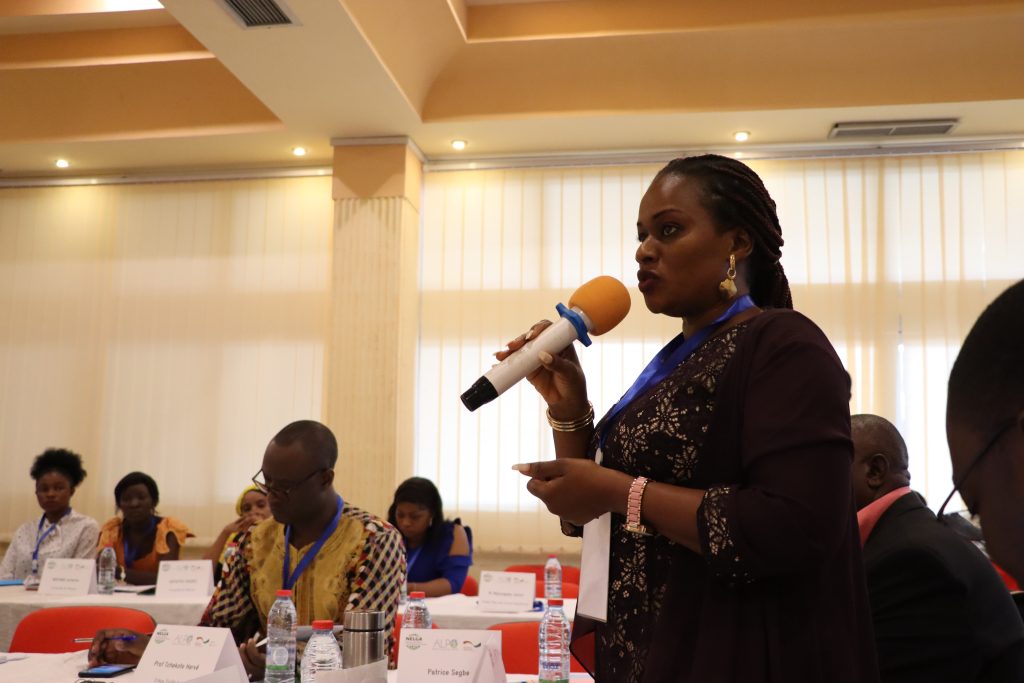
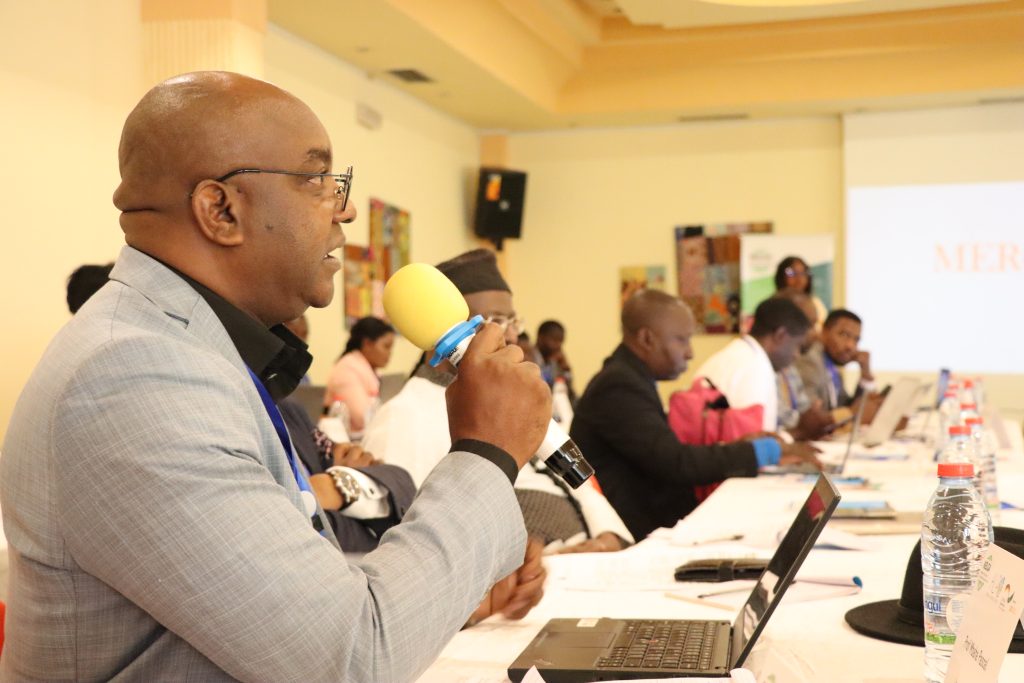
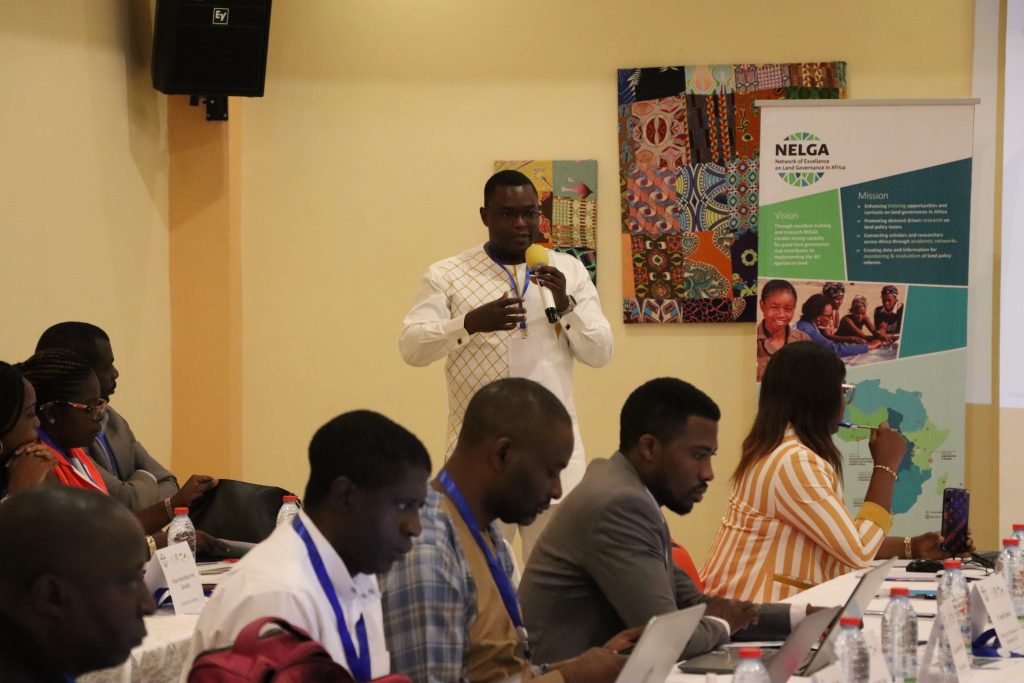
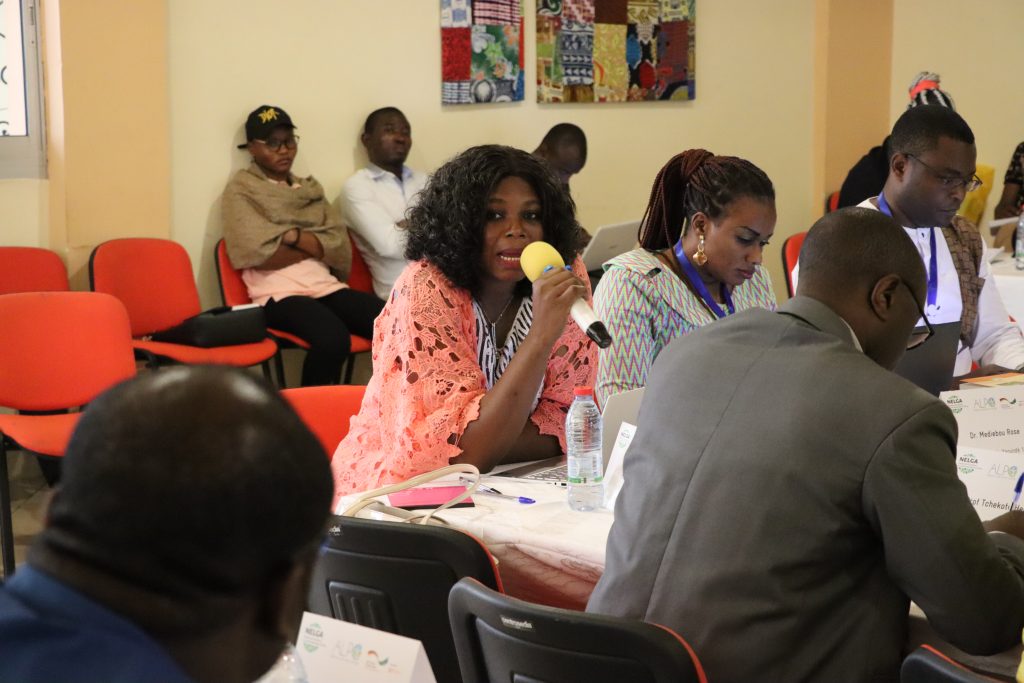
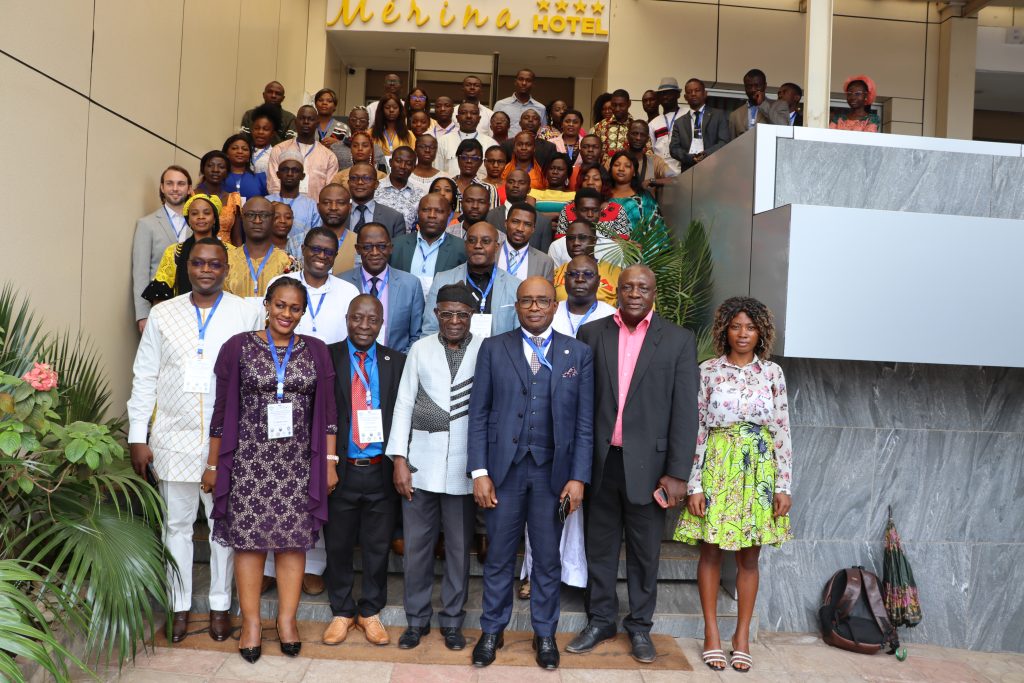
Here’s How to Write a Good Research: NELGA to Host Workshop on Scientific Writing
Photo by Clay Banks on Unsplash
From October 25-28, 2022, the University of Zambia (UNZA) workshop on effective scientific writing will strengthen researchers’ skills in good quality research writing on land in Africa.
The workshop, Â in partnership with NELGA Southern Africa hub at Namibia University of Science and Technology (NUST) Department of Land and Property Sciences, invites lecturers and researchers to its UNZA-hosted Writers Workshop in Lusaka, Zambia.
The workshop is expected to influence the scientific writing skills of researchers, including Master’s and PhD candidates at NELGA member universities in the Southern African region while enhancing research collaboration.
Researchers will find inspiration from leading experts and writers on practical writing skills, especially in creating effective research communication bridges and visibility, as they build skills on H-Index, citation impact, and social impact factors in academia and focus on scientific publications. Participants will be expected to identify obstacles in transmitting quality scientific writing and submit draft research pieces for further engagement and publication.
The workshop is organised through the support of the German Development Cooperation’s (GIZ) Strengthening Advisory Capacity on Land Governance in Africa (SLGA) Program.
For more information, visit NUST Department of Land and Property Sciences
NELGA Review Meeting: Taking stock of 5 years of Progress in Meeting the AU Land Agenda
Five years after the launch of the Network of Excellence on Land Governance in Africa (NELGA), some 20 representatives of the network gathered in Windhoek from 27-30 September 2022 to discuss progress in implementing the African Union (AU) Land Agenda. Many agreed that much progress had been made in building the capacity of institutions of higher learning and research to enhance training and research that responds better to the demands of member states. It is now essential to focus on scaling up curricula development, training, research and dissemination of knowledge on priority issues.
The planning and review meeting offered an excellent opportunity to take stock of how NELGA capacity building, data repository, knowledge management, and policy engagement actions support national and regional land gaps and priorities in meeting the AU Land Agenda. The meeting, convened by AUC-ECA-AfDB’s African Land Policy Centre, marked the first official internal gathering of the continental network since the onset of the COVID-19 pandemic.
The members commended the outcomes and wealth of knowledge from years of work, especially on policy engagement, and encouraged members to develop plans that facilitate engagement with key decision makers, including all arms of government, civil society, etc. In planning the future of the network, members called on ALPC, its technical partners, GIZ and the nodes to develop agreements among all parties to facilitate operations and ensure result convergence on land governance priorities on the continent. Participants called on the NELGA secretariat to develop a continental research agenda and policy dialogue framework based on identified priority areas by the AU.
The meeting hosted by Namibia University of Science and Technology (NUST), the NELGA node for Southern Africa, had participants from NELGA regional hubs, implementing partners, academic institutions, GIZ as a technical partner and international organisations. The nodes showcased strides in developing new academic programs, two journals hosted by NELGA North Africa and East Africa, research centres, and land governance innovative tools in the land policy spaces across West Africa, East Africa, North Africa, Central Africa, and South Africa.
The ALPC Coordinator Joan Kagwanja celebrated the achievements; encouraged integrated and participatory approaches to land governance issues, emphasised the network’s importance in meeting the continent’s needs; and called on NELGA to undertake action research that would address emerging land issues and whose results and recommendations could be presented at the AU Specialized Technical Committee on Agriculture, Rural Development, Water and Environment The meeting also examined preliminary findings and provided inputs to the NELGA strategy to ensure the network remains sustainable and scalable.
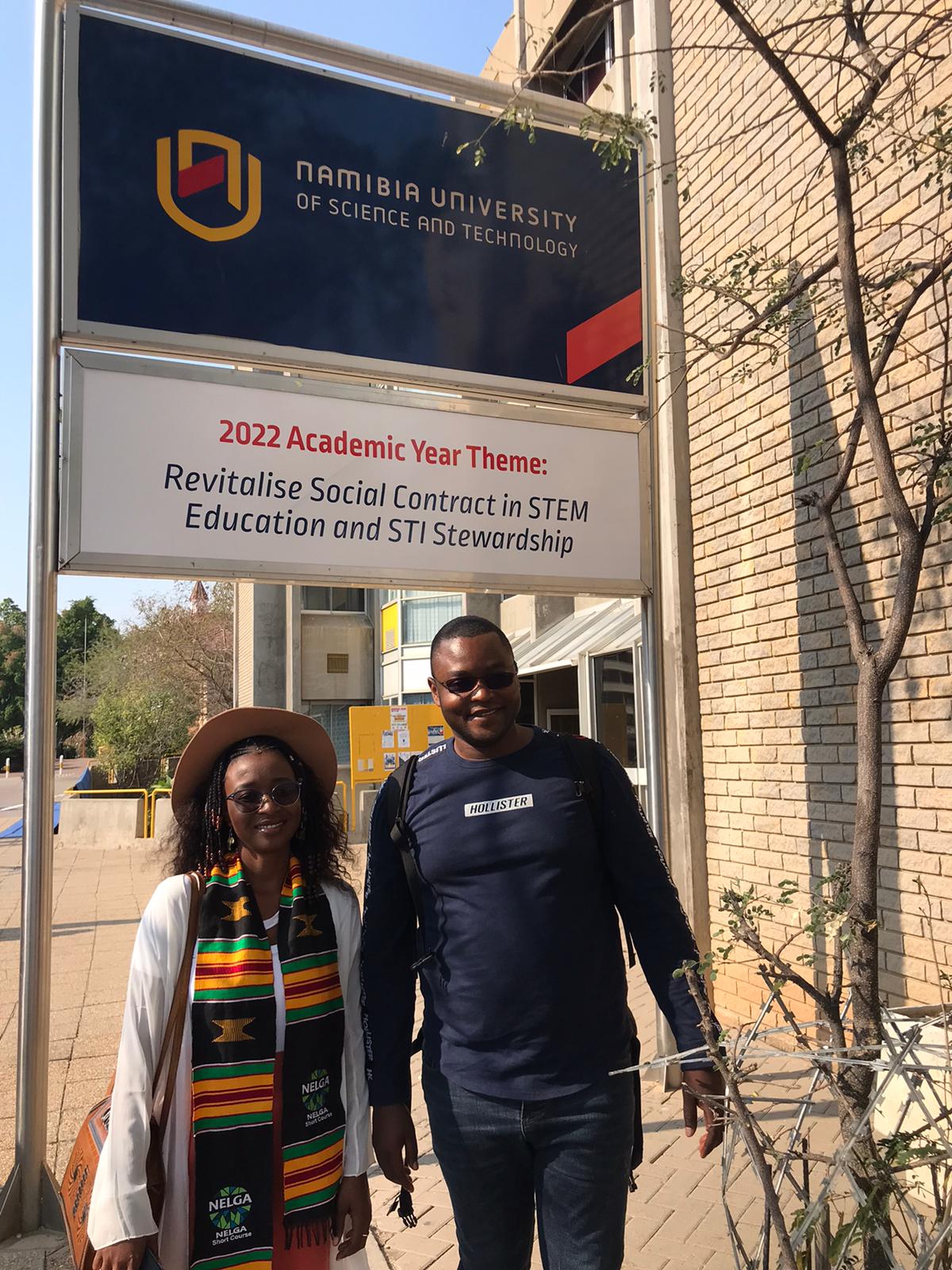
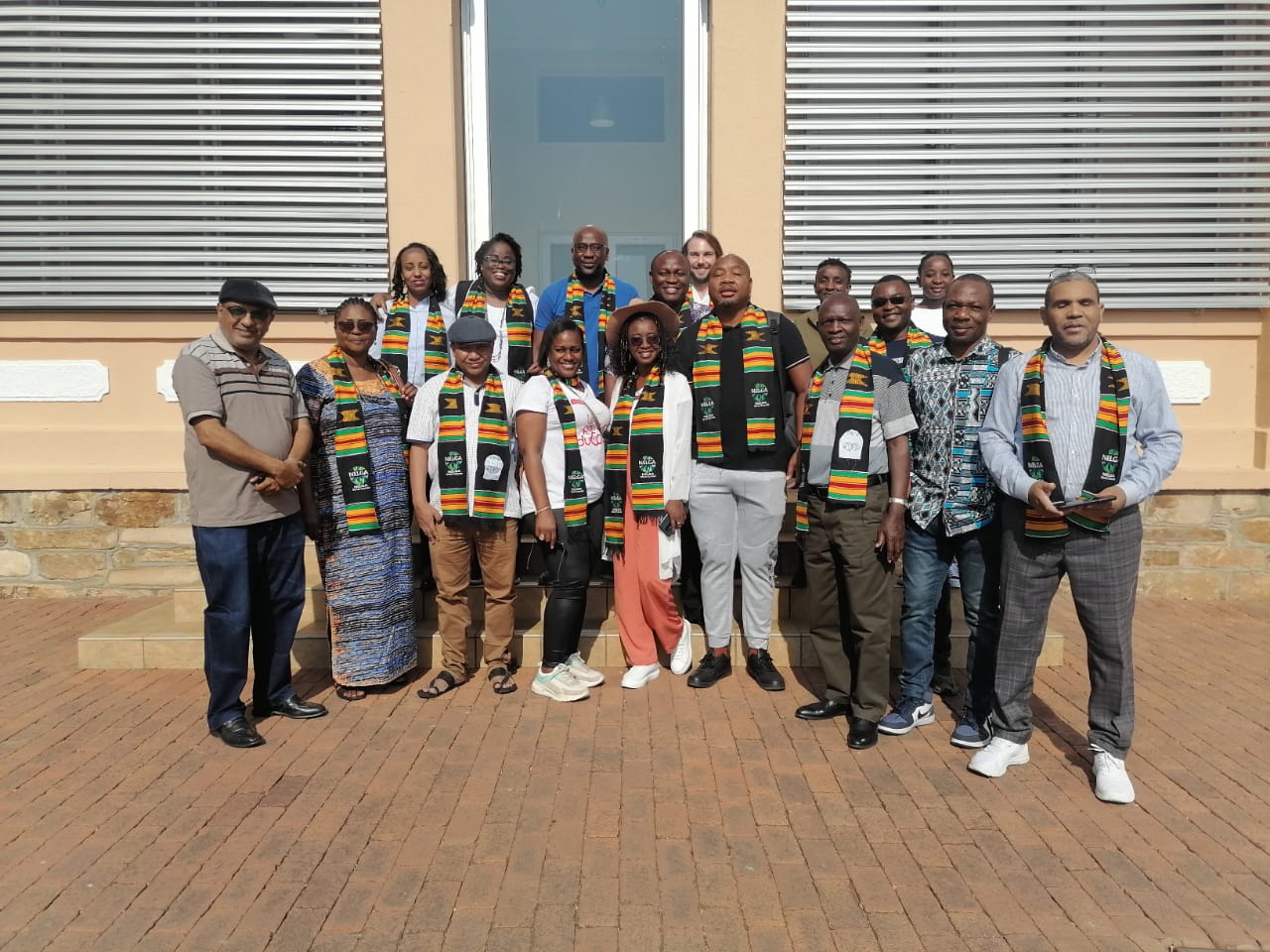
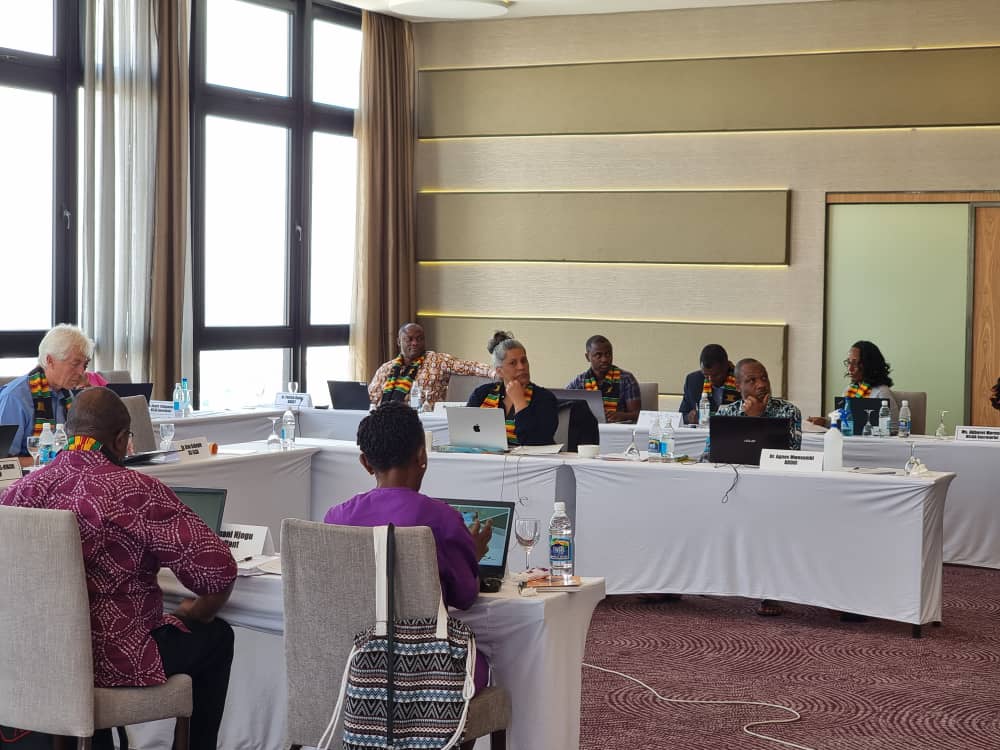
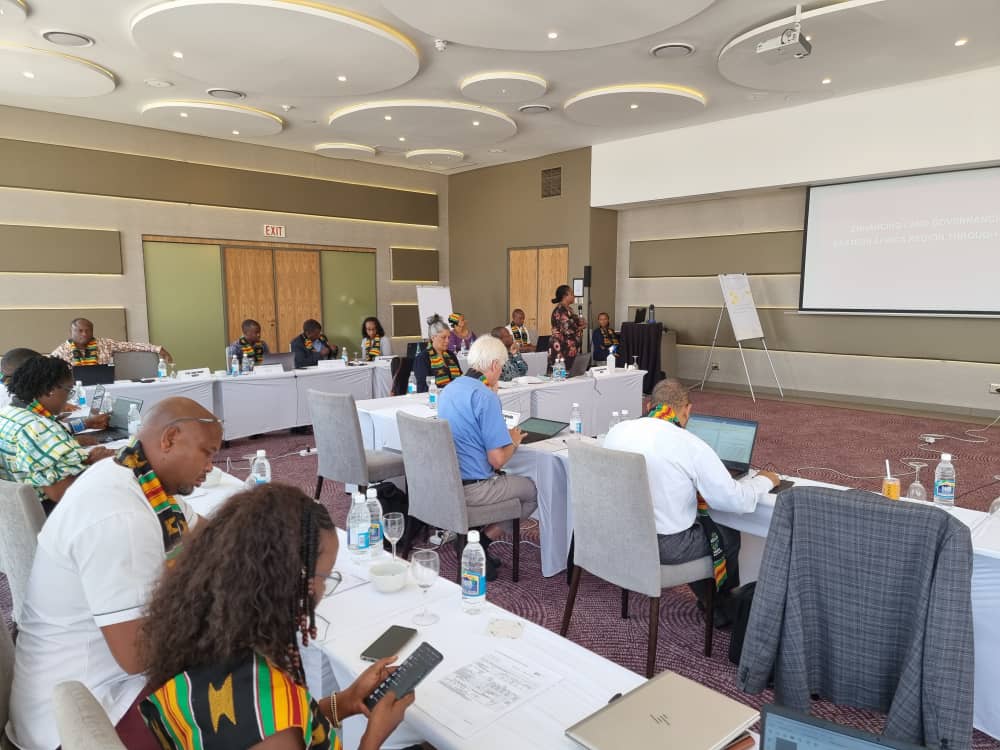
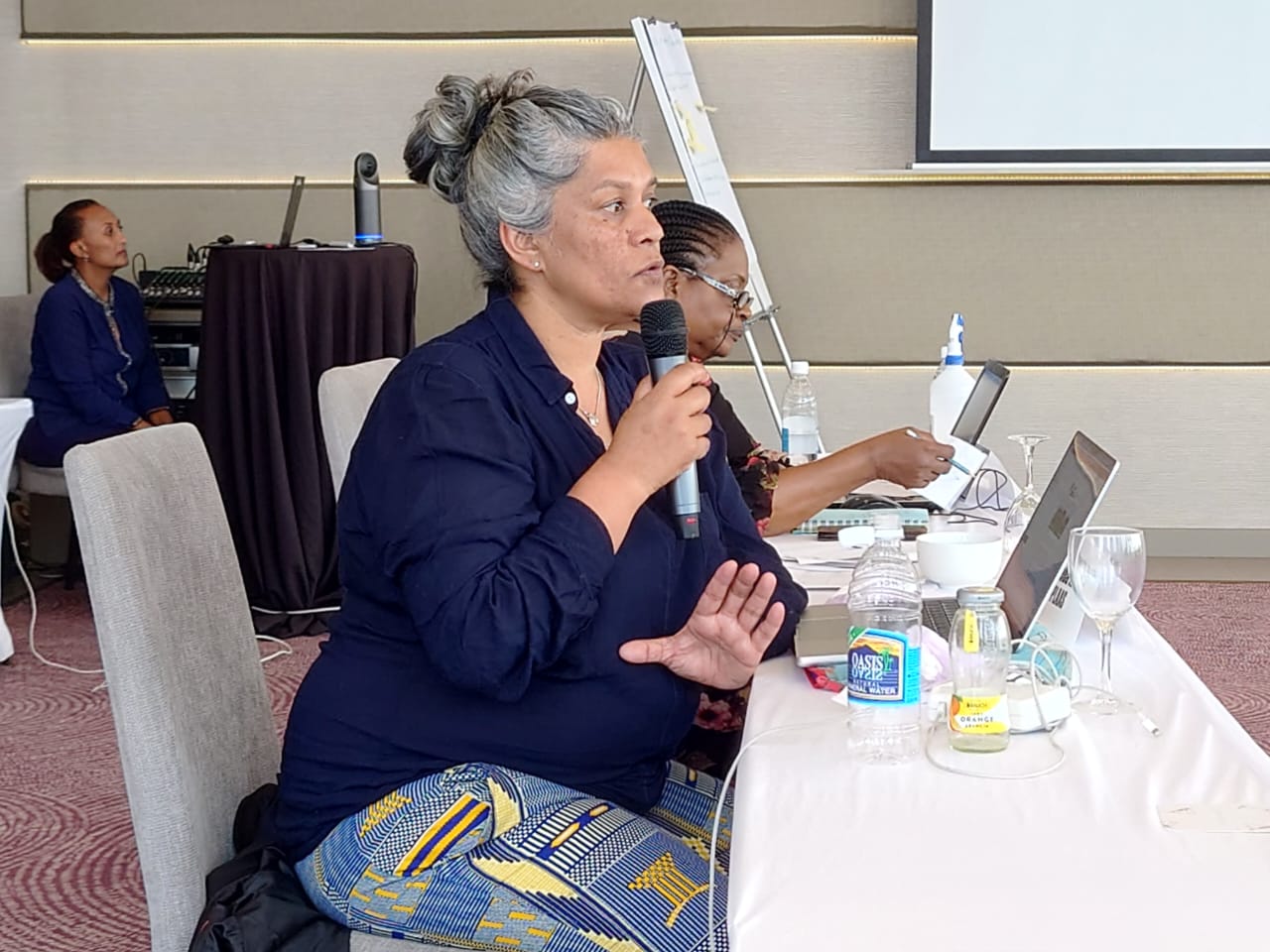
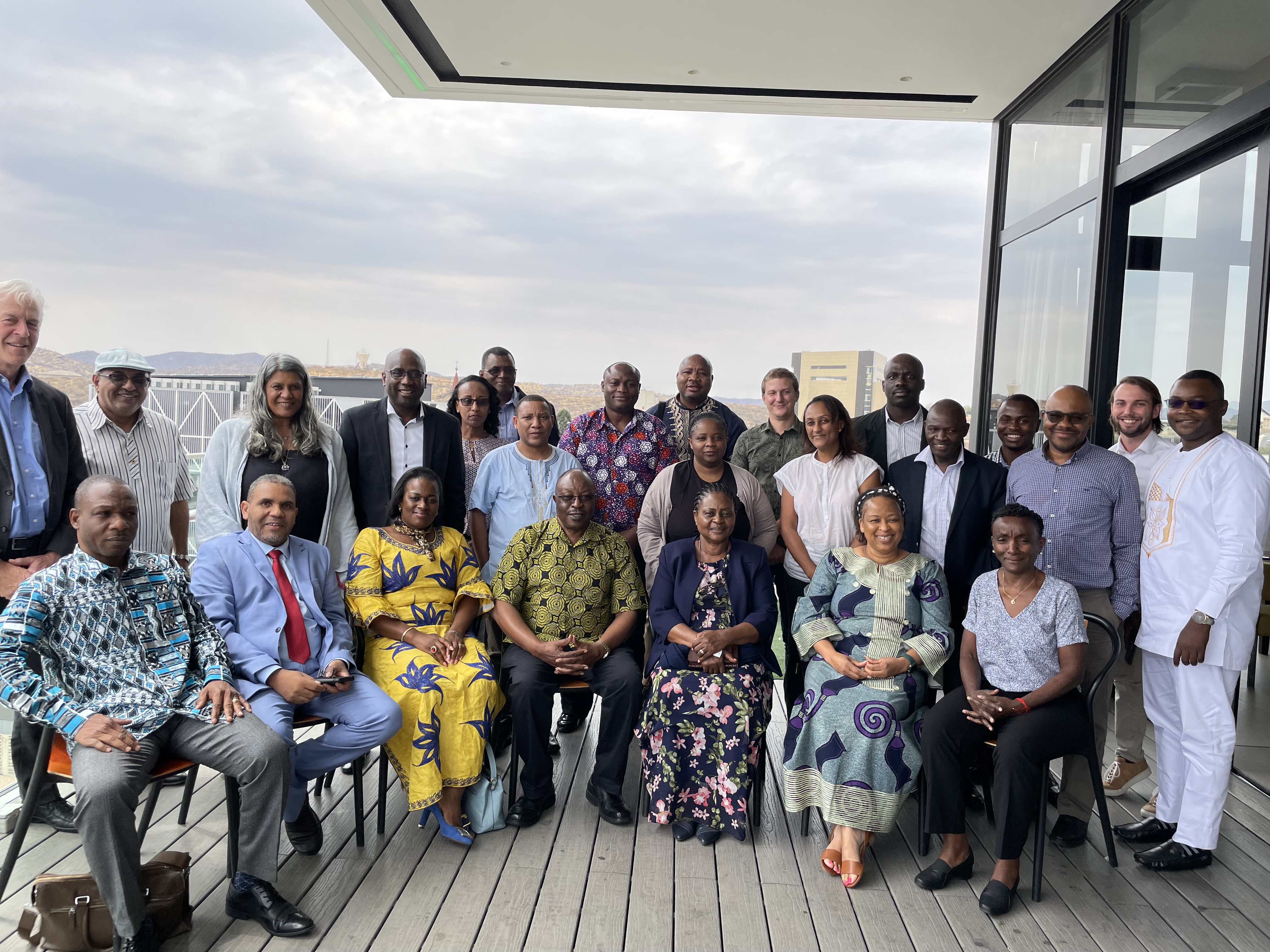
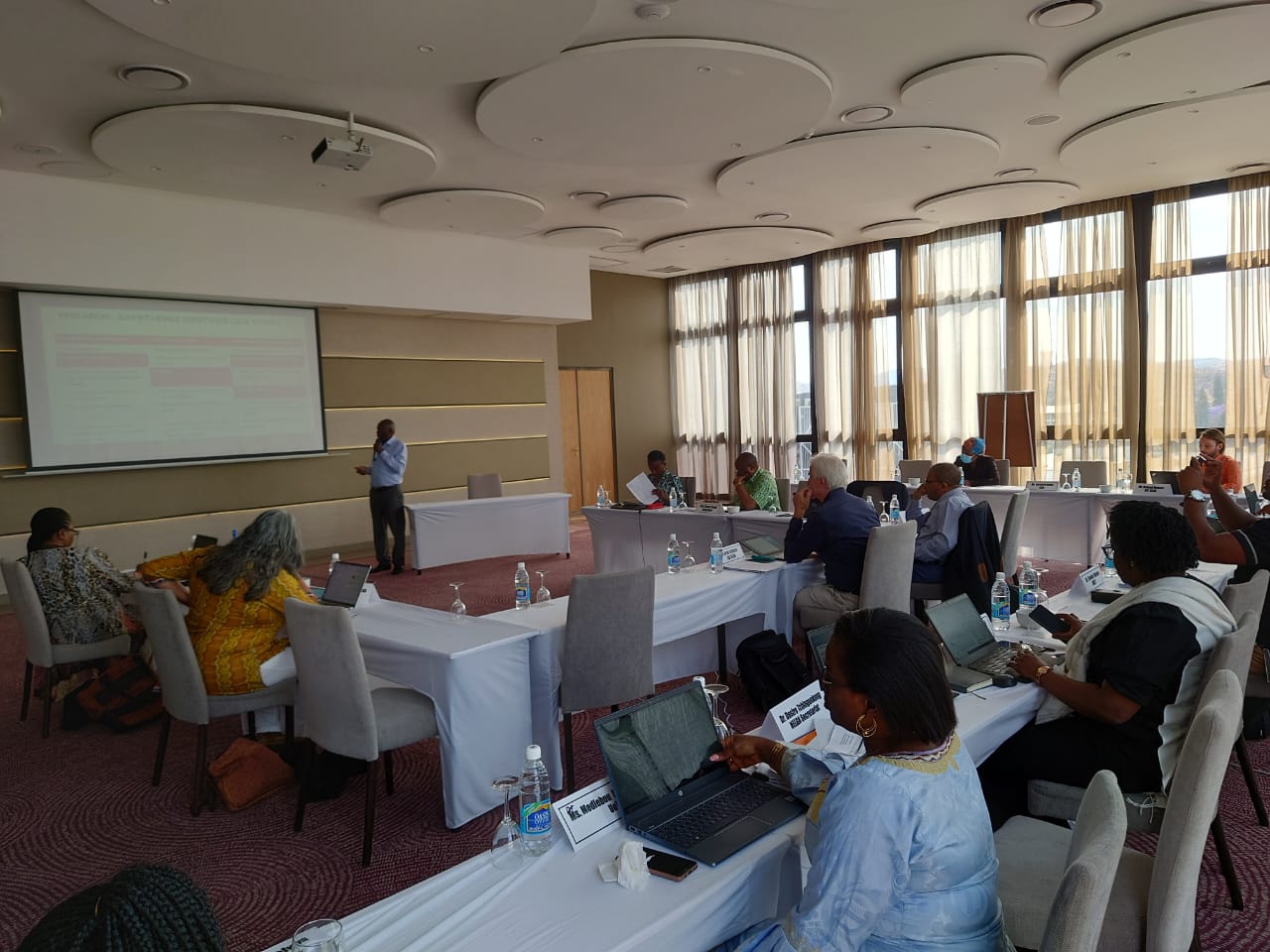
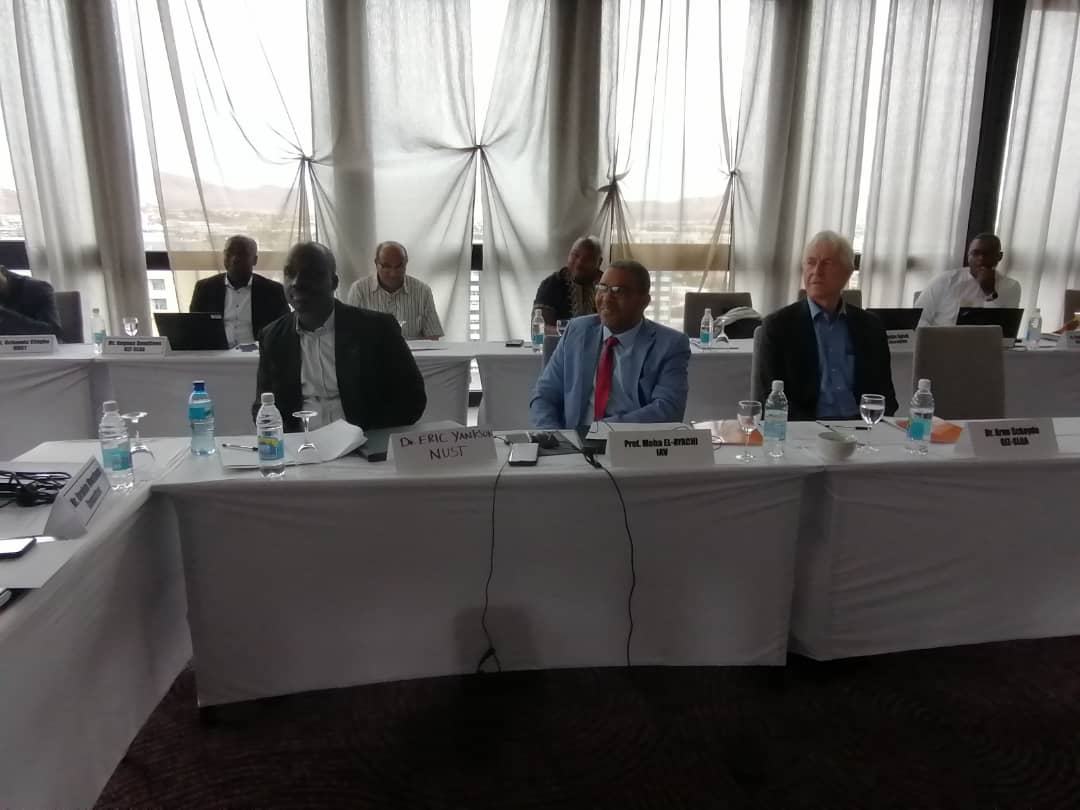
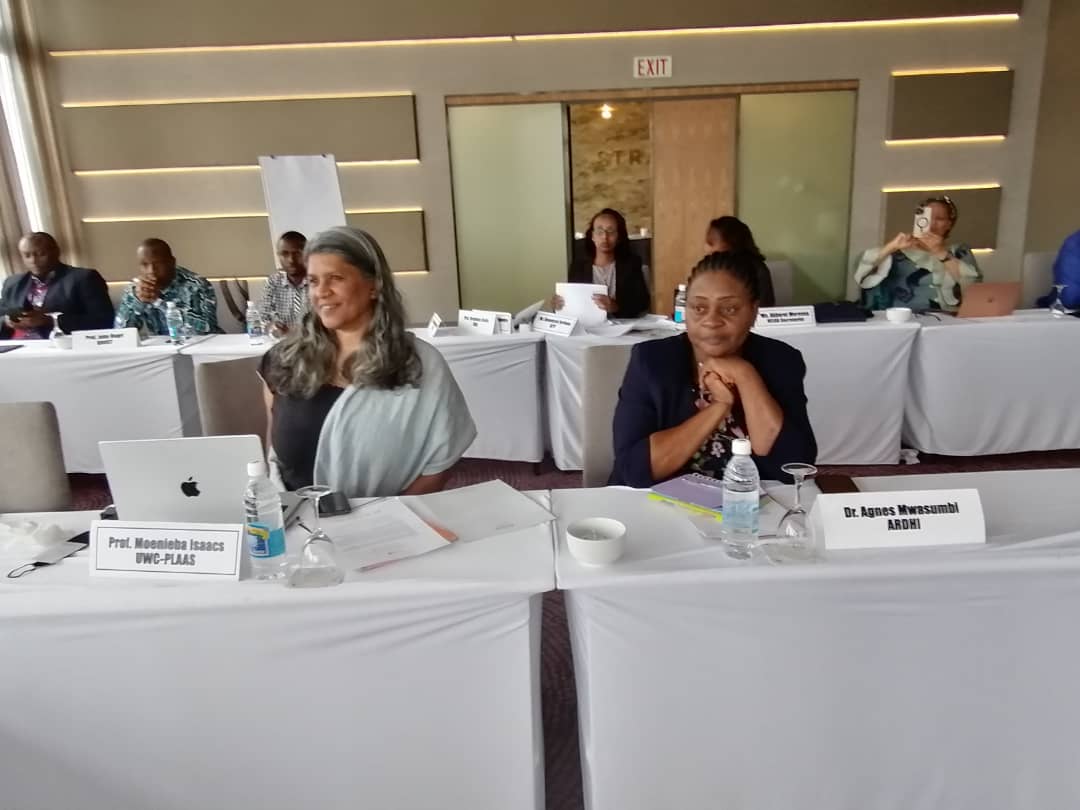
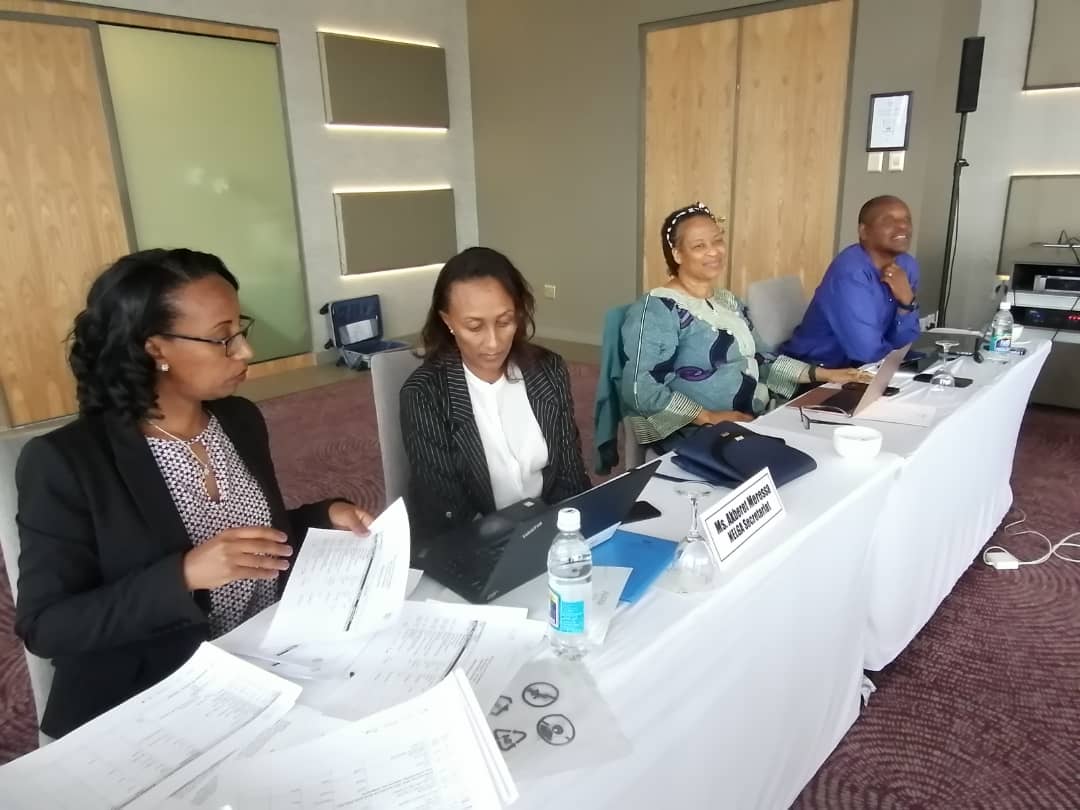
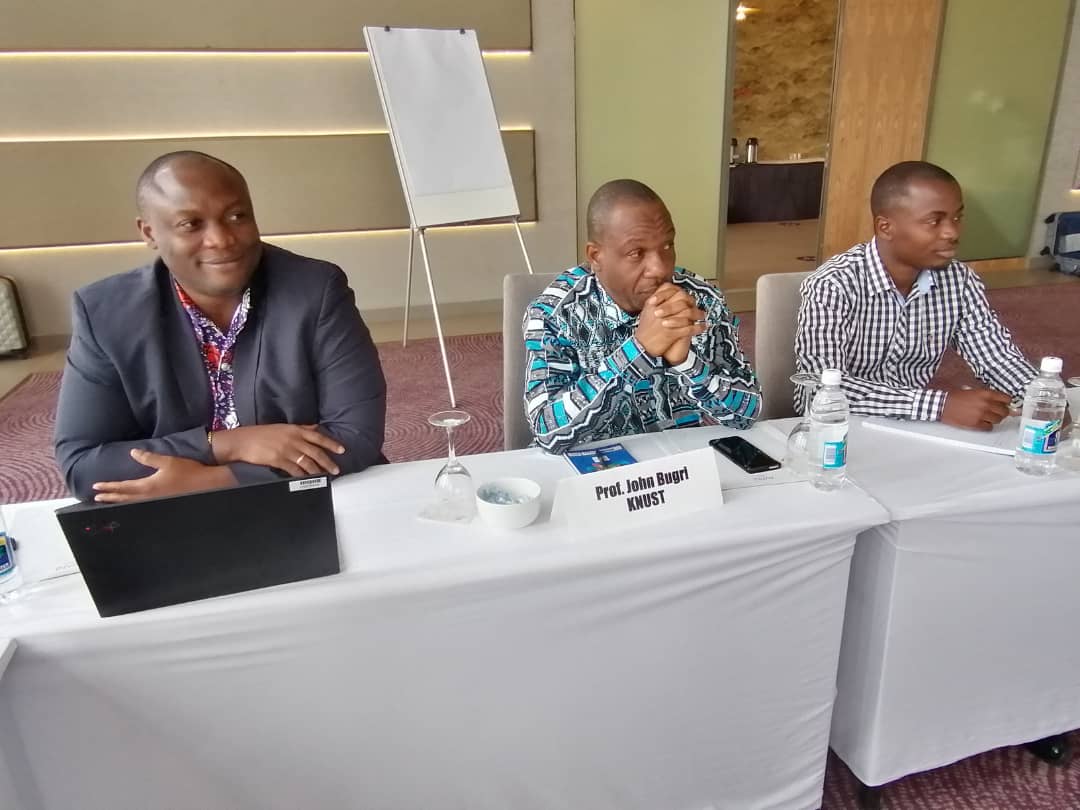
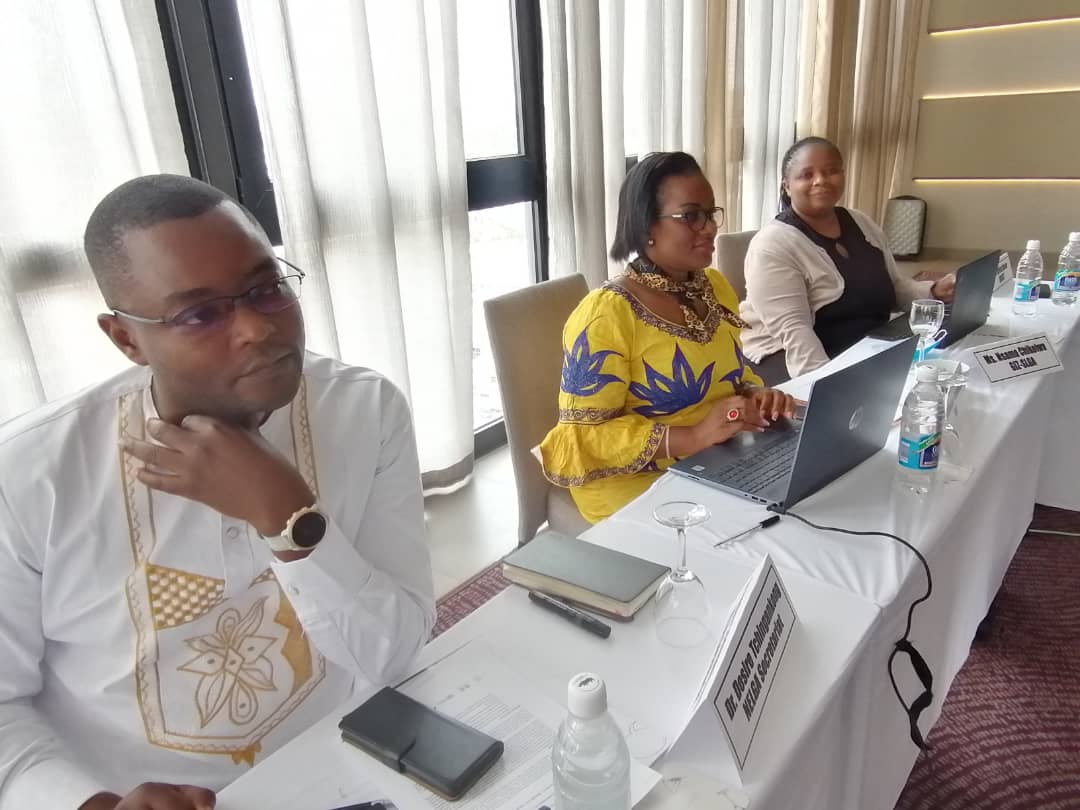
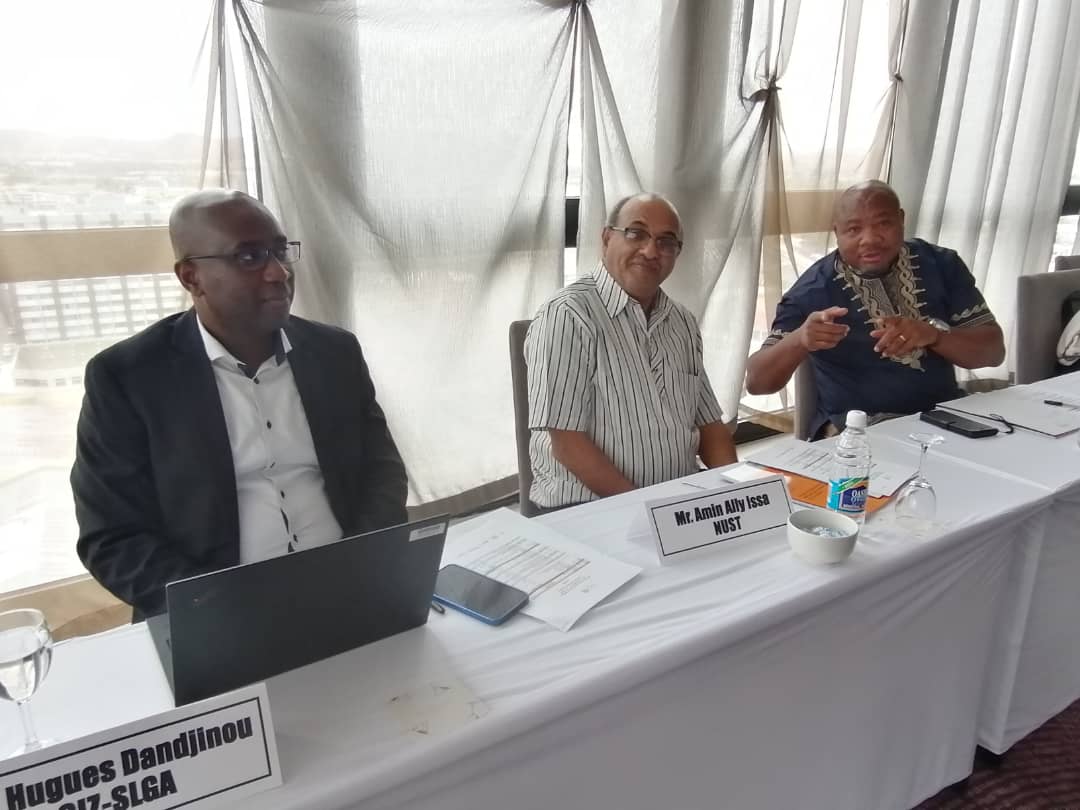
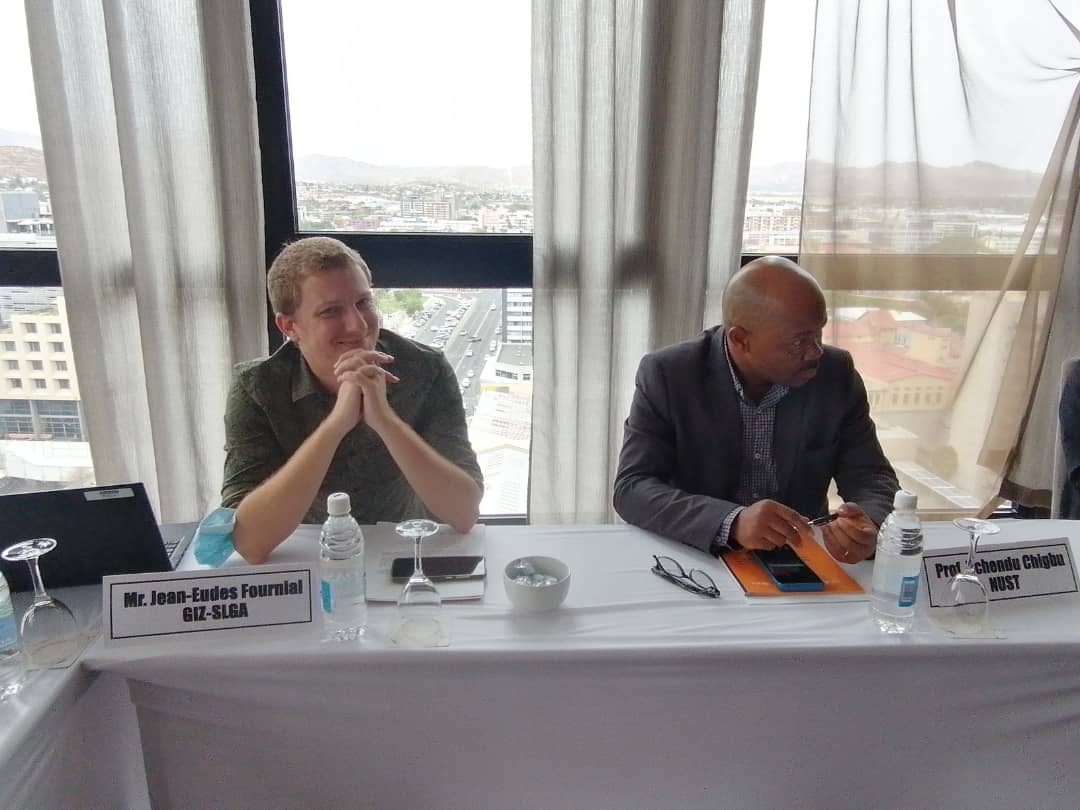
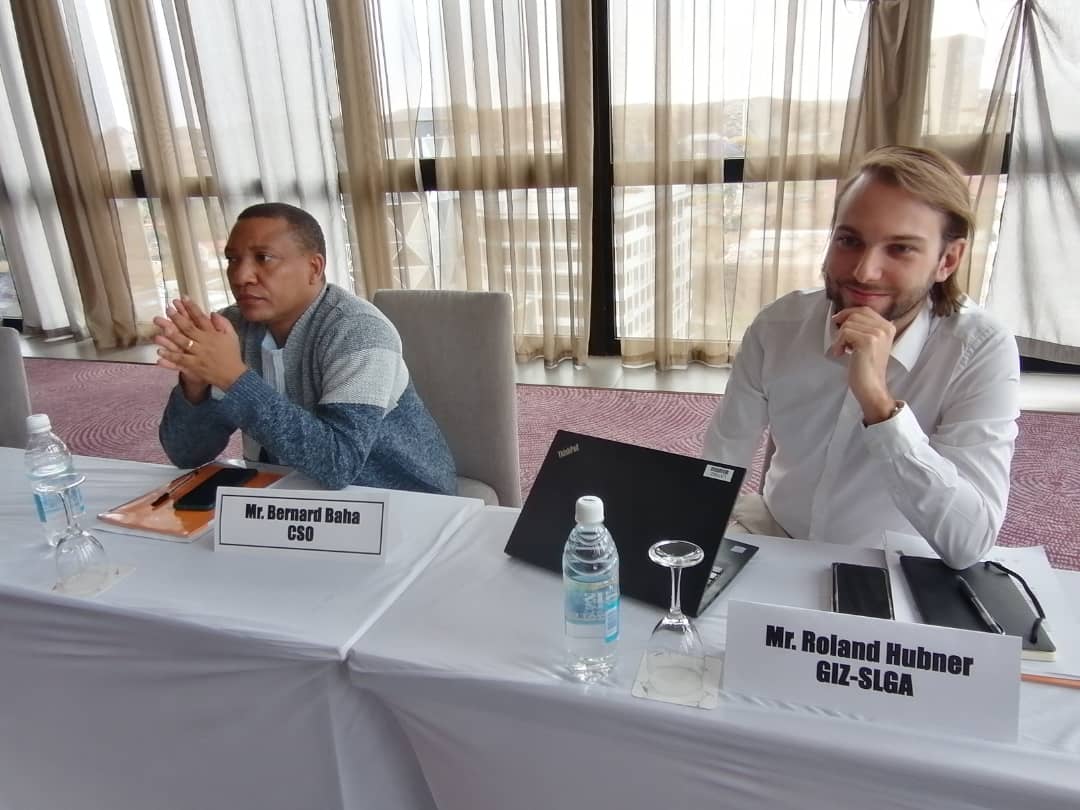
Windhoek 2022: NELGA Plans Strategy Meeting to Review its Research and Technical Agenda for Africa
As a partnership of over 70 higher institutions in Africa, NELGA contributes to the implementation of the AU Agenda on land through formal training and education, research and analysis, and monitoring and evaluation of land policy to address land-related challenges that hamper Africa’s transformation agenda for inclusive growth and broad-based development.
To ensure NELGA meets its mandate, the network will hold a planning and review meeting in Windhoek, Namibia, to identify and strengthen its methodologies and actions in meeting Agenda 2063. The meeting is from September 27 – 30, 2022 and is hosted by NELGA Southern Africa Node. It is the first physical internal meeting of NELGA and its core partners since the COVID-19 pandemic. The meeting will provide a platform to plan, review and re-align the program’s priorities in meeting the AU Land Agenda.
This meeting is convened by the African Land Policy Centre (ALPC) and will bring together the NELGA Nodes, ALPC and GIZ.
This meeting is convening with the objectives to:
- Review Progress of the 2021- 2022 Workplans to highlight Progress, draw Lessons and examine modalities to address challenges.
- Examine the 2022-2024 Work plans to explore potential areas of synergy and identify areas and modalities for collaboration.
- Explore opportunities arising from the ALPC Research and Technical assistance programme.
- Raise awareness of NELGA’s communication strategy and branding guides to enhance NELGA’s efforts on communication at internal and regional levels.
- Review the preliminary draft of the NELGA Strategy, Business Plan and MEF with a view-enhancing quality for finalization.
- Examine and provide feedback on the ToRs and proposed membership of the NELGA Technical Advisory Committee.
Webinaire NELGA Afrique du Nord : La blockchain au cœur du développement numérique du secteur foncier
La technologie blockchain touche progressivement à tous les secteurs dont la finance, l’énergie, l’assurance ou bien encore la santé. Il est grand temps pour la blockchain d’ancrer son innovation dans le secteur foncier afin d’y apporter la transparence, l’automatisation contractuelle et la traçabilité nécessaires sur un secteur où la preuve, l’historique exhaustif et l’authenticité sont essentielles.
Nous prenons le premier pas vers cette innovation en entamant une discussion entre les acteurs du foncier au Maroc et experts de la Blockchain dans le webinaire “La Blockchain au cÅ“ur de l’innovation numérique du foncier”.
L’Institut Agronomique et Vétérinaire Hassan II organise à travers son hub NELGA Afrique du Nord en collaboration avec ETAFAT et dans le cadre des travaux de recherche sur “L’étude de la technologie Blockchain et ses applications au Foncier : Cas du Maroc” entrepris par Rim Borija.
À travers les interventions d’experts du Maroc et de l’Afrique, nous allons introduire la Blockchain et son potentiel énorme, aux acteurs de l’écosystème foncier au Maroc.
D’éminents panéliste au rendez-vous le 22 septembre à 18h
Dr.Omar Benaicha: Chercheur en Blockchain et Transformation Digitale.
Mohammed Ibrahim Jega: co-fondateur de Domineum Blockchain Solutions.
Samir Bennani: Blockchain Consultant.
Rim Borija: Etudiante en 3ème année en Ingénierie Topographique de l’IAV Hassan II et Chercheuse en Blockchain du Foncier.
Kamal Ben Addou Idrissi: Directeur général de ETAFAT.
Moha El-Ayachi Professeur à l’IAV Hassan II et coordonnateur du réseau NELGA, Afrique du Nord.
Ce webinaire est ouvert aux IGTs du secteur privé et public, Notaires, Experts Fonciers ainsi qu’aux Experts de l’IT et la Blockchain…
Faites part d’une réflexion du futur et inscrivez vous gratuitement sur.
Date : 22 Septembre 2022
Heure: 18H
Vous êtes cordialement invités au webinaire du NELGA NA sur “La blockchain au coeur de l’évolution numérique du secteur foncier” le 22 sept. 2022 à 18:00 GMT+1
Veuillez vous inscrire via le line :
https://us02web.zoom.us/meeting/register/tZEtdOmgrDgtHt0nYq_BETV_gRc_MNRfuVv0
EAC Secretariat’s Capacity Enhanced to address Land governance challenges
The African Land Policy Centre (ALPC) has enhanced the capacity of senior staff of the East African Community (EAC) Secretariat to facilitate the integration of land governance issues in programmes, especially those of the productive sector. The capacity-building workshop on implementing the AU Declaration on Land was held on 16 -17 August 2022, in Kampala, Uganda, under the auspices of a joint ALPC-EAC project which was endorsed by the EAC Council of Ministers of Environment and Natural Resources Management.
Emphasising the cross-cutting nature of land, ALPC Coordinator, Ms Joan Kagwanja, applauded the EAC secretariat’s participation at the senior level in the workshop, noting that capacities gained to integrate land governance issues in programmes will significantly advance EAC interventions in support of achieving objectives related to agriculture and food security; environment and natural resources; tourism and wildlife management; energy, infrastructural and industrial development; gender and women empowerment, among others. She further commended recent efforts and commitment to engage with the Partner States and establish a steering committee that will oversee the implementation of a road map, the first activity of which is the operationalisation of a platform for the exchange of knowledge and best practices among partner states. This is what is envisaged in the AU Declaration on Land.
This workshop draws on a recently validated capacity assessment study report conducted with the technical support of ALPC, which identified the need to enhance the capacity of the EAC Secretariat to better address land issues within EAC programmes. The assessment also noted a gap in knowledge platforms that would facilitate the exchange of best practices among Partner States, and identify emerging issues in order to design frameworks/mechanisms to address land issues, especially those that are transboundary in nature. The assessment also emphasised the role of the Network of Excellence on Land Governance in Africa in bridging these gaps. Capacity building modules touched on how to address land governance issues such as securing land rights for all land users, promoting responsible land based investments, preventing and addressing land and ethnic-based conflicts, improving women’s access to land/securing their land rights, and the central role of land use planning, effective land administration and information systems, the role of communication, among others.
EAC Premiers its Regional Platform on Land
Partner States of the East Africa Community (EAC) are resolute in ensuring the implementation of the African Union (AU) Declaration on land within their respective countries. The resolution follows the sharing of best practices by the EAC Partner States during the first Regional Platform meeting held on 17-18 August 2022 in Kampala, Uganda. The platform provides EAC Partner States with an opportunity to share country lessons and best practices in land policy formulation, implementation and review to inform land reform processes in their respective countries.
“The Regional Platform is the first of its kind in the EAC and is expected to generate discussions and knowledge which will be helpful to all EAC Partner Statesâ€, explains the EAC Secretariat Director of Productive Services Jean Baptiste Havugimana. The forum discussions, he went on to explain, help to promote sustainable development and the rational utilisation of the region’s natural resources.
Joan Kagwanja, the Coordinator of the African Land Policy Centre at the Economic Commission for Africa, applauded the EAC for putting in place a Regional Steering Committee and establishing the Regional Platform, which provides a sustainable mechanism for bringing the Partner States together for the periodic sharing of lessons and dissemination of best practices in land policy formulation and implementation. She noted that land governance issues are cross-cutting within the region and reiterated the need to improve land governance in East Africa to achieve the EAC Vision 2050.
To facilitate the first Regional Platform ALPC provided technical support for a regional assessment to determine the status of land policy development in EAC Partner States. The assessment identified priority and emerging issues, along with the best practices in each of the Partner States, identifying the need for the establishment of a regional platform to facilitate the sharing of lessons and best practices. The participants appreciate the role of the Network of Excellence on Land Governance in Africa, especially the achievement of the Eastern Africa node and its universities in the land policy processes in Partner States; and the potential contribution of the network to the Regional Platform.
Government representatives from Tanzania, South Sudan, Rwanda, Uganda, Kenya and Burundi shared best practices at the forum, including the inclusion of the land rights of women, youth and other vulnerable groups in the land policies, laws and practices of Partner States. The forum called for the EAC secretariat, with the support of ALPC, to enhance capacity building and resource mobilisation for land policy formulation, implementation and review within EAC Partner States.
NOTE TO EDITORS:
The African Land Policy Centre (ALPC) is a joint programme of the tripartite consortium consisting of the African Union Commission (AUC), United Nations Economic Commission for Africa (ECA) and the African Development Bank (AfDB). Its purpose is to lead and coordinate the implementation of the AU Agenda on Land
Land Experts Validates Initiative to Advance the NELGA ProjectÂ
Stakeholders in land governance have endorsed the process of establishing a five-year strategic plan (2023–2027) for the Network of Excellence on Land Governance in Africa (NELGA). The validation session on Zoom on August 11th, 2022, highlighted the road map for implementing the strategic plan to drive NELGA’s operations and ensure sustainability.
Joan Kagwanja, the African Land Policy Centre (ALPC) coordinator, UNECA, noted that NELGA’s accomplishments are indeed significant. We must build on these accomplishments and ensure clarity in administrative and programmatic actions within the network. She encouraged stakeholders to continue to support the expert team in developing the NELGA road map in developing systems that intersect and influence land policy formulation and implementation.
The gaps and challenges identified in terms of the strategic destination of NELGA will be addressed in the NELGA Strategy & Business Plan 2023- 2027, Communication and Visibility Strategy, Monitoring & Evaluation Framework 2023-2027 & Resource mobilisation strategy, which are set to be validated in 2022. Stakeholders at the meeting include NELGA coordinators, the ALPC, GIZ African Union Strengthening Advisory Capacity for Land Governance in Africa (SLGA) Program, and other land governance experts.
NELGA Knowledge Exchange – Understanding the Guidelines for the Development of Curricula on Land Governance in Africa
The African Land Policy Centre (ALPC) is a joint programme of the African Union Commission (AUC), the African Development Bank (AfDB) and the United Nations Economic Commission for Africa (ECA). The ALPC is leading the implementation of the AU Declaration on Land Issues and Challenges in Africa, which is anchored on the Framework and Guidelines on land policy in Africa (F&G.) It facilitates stakeholders in the land sector to achieve the continental aspirations that ‘equitable access to land, secure land tenure rights, gender equity, improved governance in the land sector and reduction of land-related conflicts’, are fundamental aspirations of the African people, as together, they pave the way to secure livelihoods and prosperity.
Over the last ten years, the ALPC remained committed to facilitating improved land policy terrain in Africa by working with partners to develop guidelines and frameworks to address emerging land-related challenges for the continent’s socio-economic growth. Through research, advocacy, capacity development, technical support and advisory services among others, the ALPC supports the AU Member states in meeting their development priority areas as captured in the Agenda 2063 and SDGs.
In meeting its mandate, the ALPC, in partnership with the Member States, CSOs, Academia and other stakeholders, has developed several tools at the continental level. Endorsed by the AU, these tools in the form of guidelines, frameworks and principles provide the necessary benchmark for land governance to thrive in Africa. To ensure these tools reach the intended users, the ALPC now plans to hold several virtual webinars under its NELGA Exchange Platform (NEX) to share the contents and experiences and progress in applying these tools. Among the tools lined up for dissemination are the AU-endorsed guidelines, including:
- Guidelines for the Development of Curricula on Land Governance in Africa
- Guidelines on Land Ethnicity and Conflict in Africa
- Guiding Principles on Large Scale Land-based Investments in Africa
Guidelines for the Development of Curricula on Land Governance in Africa
This edition of the next NELGA Exchange Platform (NEX) will focus on the Guidelines for the Development of Curricula on Land Governance in Africa. Simultaneously, the other Guidelines will be covered in subsequent Webinars.
The Guidelines for Curricula Development on Land Governance in Africa are meant to facilitate the development and review of curricula to ensure that university graduates and land professionals are better skilled in addressing Africa’s land governance challenges. In particular, it is envisaged that the guidelines will contribute to land professionals being better trained to understand traditional land governance systems through which over 80% of Africa’s land is managed and the political dimensions of land governance that influence Africa’s ability to find solutions to underlying and emerging land governance issues. It is envisaged that the guidelines will offer insights for curricula that further equip students with knowledge of these issues as well as others outlined in the Guidelines.
The Webinar
The webinar is in response to Universities’, Institutions of Higher Learning and other stakeholders’ request to the ALPC to expound on the content of these guidelines and how best they could be mainstreamed in the curricula/research on land and related fields in Africa. The Webinar is open to all stakeholders interested in capacity development in the African land sector, particularly the researchers and scholars within universities/research institutions.
This edition of the NEX aims to provide an overview of the Curricula Guidelines and share experiences/progress in implementing similar actions.